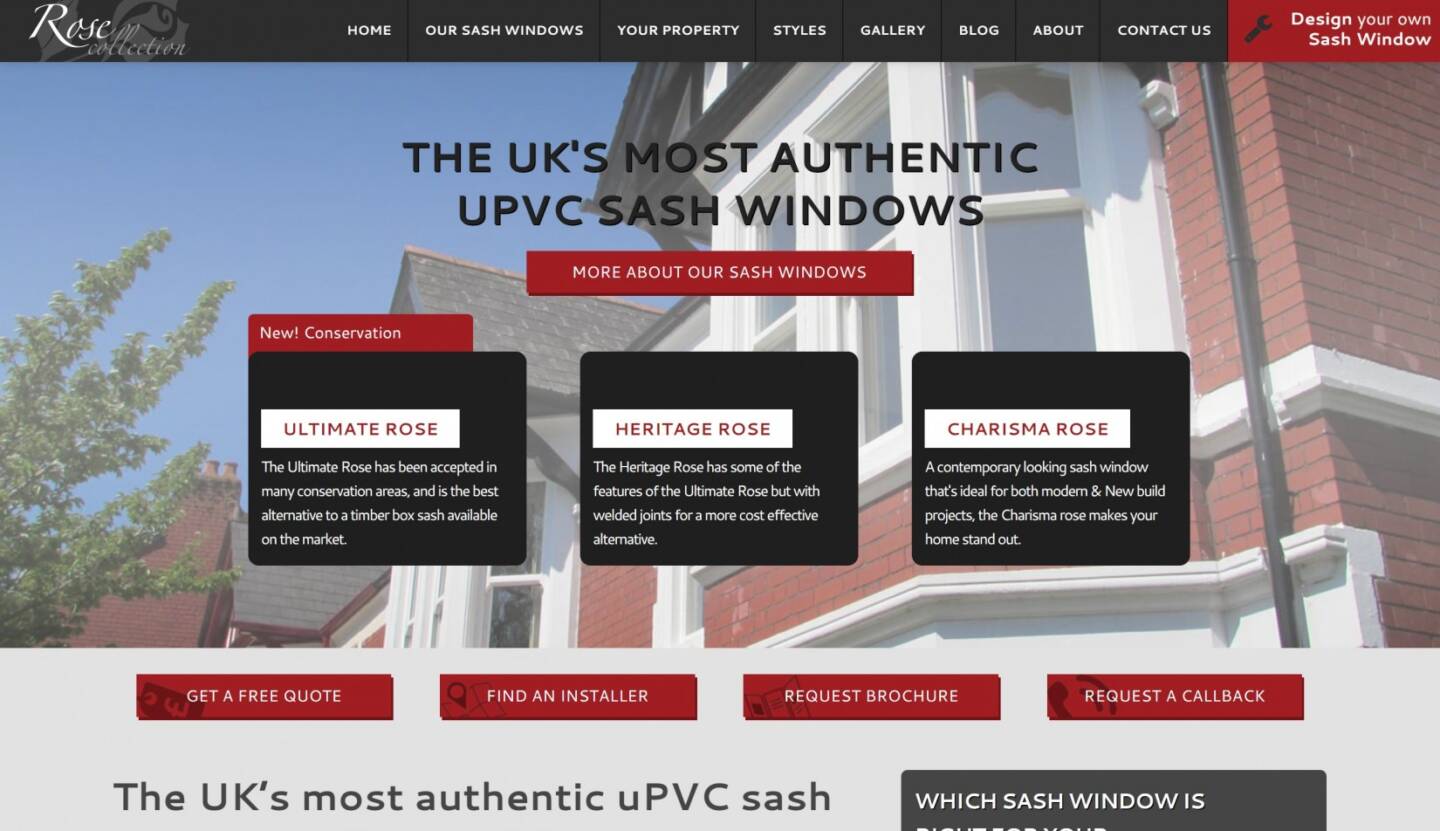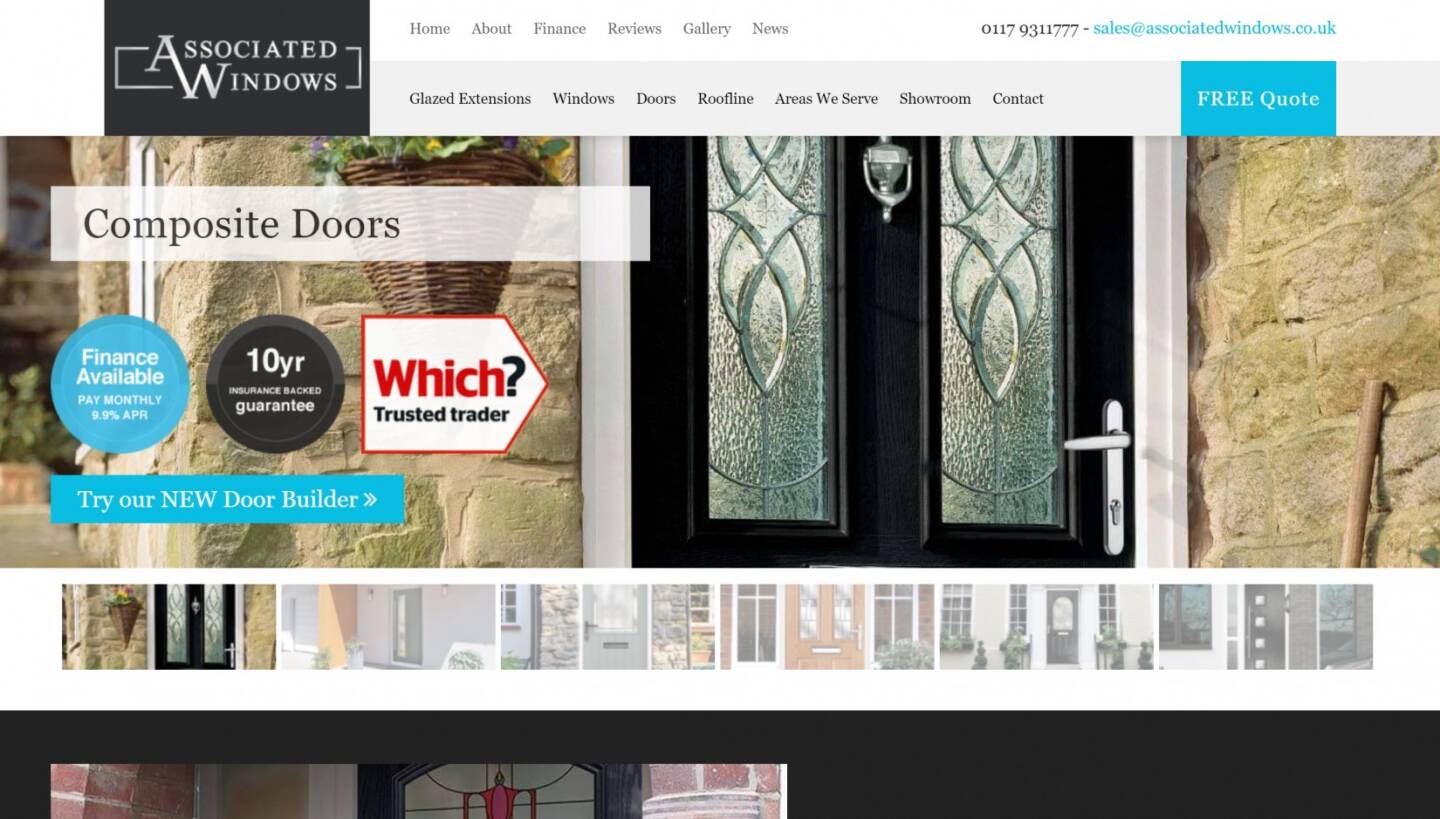This is a sponsored article by Purplex
If you’re an installer, builder, tradesman, or architect working in UK construction, it can sometimes seem like the noose of energy, ecological, and security standards is one that’s constantly tightening. Most will be familiar with walking the tightrope that is Building Regulation requirements, now accustomed to meeting the statutes set in place to protect and look out for clients and end users.
Such regulations have led to a surge in demand for materials like hempcrete, straw bales, and aluminium. When construction isn’t just about finding the right products for the job, but those that are also environmentally-friendly. The industry as a whole is starting to make real concerted efforts to put their green foot forward, and materials like those mentioned could be the key to doing so. We thought we’d take the opportunity to explore how.
Giving UK installers and tradesmen the means to exceed Passivhaus standards
Hempcrete:
Often considered a material that’s easier to work with than traditional concrete, hempcrete is the bio-composite alternative. Its main advantage in terms of construction is the improved insulation benefits the lime-based material brings, working to help residential and commercial developments maintain low U-values which far exceed the minimum requirement by quite some way. Providing installers have the knowledge, skill, and pre-building training, Hempcrete is a highly advantageous material that is ecologically in-line with Passivhaus standards.
Straw bales:
Commonly consisting of wheat, rice, rye, and oats, straw bales are a form of natural insulation used within buildings that are more ecological in their construction. The first straw building to be built using this option in the UK was erected in 1994, steadily increasing in popularity ever since, leading to several hundred in existence in Britain today. The composite material is highly resistant to fire, meaning it’s great for residences where fire-spread should be risk-averse. Like Hempcrete, straw bales can surpass Passivhaus standards.
Aluminium:
The preferred material choice for window and doors intended for heavy-duty use, aluminium improves upon the insulation and style of uPVC and timber by quite some distance, especially when a thermal break is integrated. Such a feature means that cold outside air and warm inside heat can be successfully separated, maintaining low U-values for energy efficiency. Despite these high thermal properties and aluminium’s high recyclability the sleek and clean aesthetic many modern buildings demand is never disrupted. Passivhaus standards can be easily met.
Eco-conscious products act as an attractive proposition for clients
At a time when UK governments are making concerted efforts to reduce carbon emissions and laws centred around achieving this are tightening, materials like straw bales, hempcrete, and aluminium of great interest to developers and architects working today. Learning the skills necessary to work with these tools, in addition to offering them to commercial clients, is a sure-fire way to safeguard your future appeal working in the construction industry.
Need a supplier? AluPro Ltd is one of the South’s most dedicated
Based in Newport, AluPro has built-up a wealth of experience supplying tradesmen with high quality windows and doors using the finest aluminium. Focussing on three specific aluminium systems in Pure, SPW600, and SL 68, they are well-equipped to help installers and builders operating in the South surpass Passivhaus standards and provide buildings with eco-conscious products.
To get weekly updates from DGB sent to your inbox, enter your email address in the space below to subscribe:





